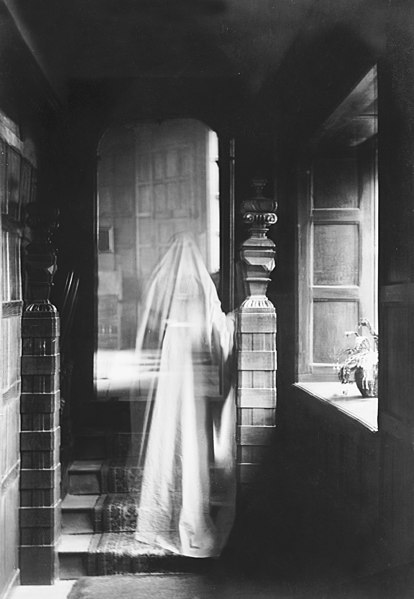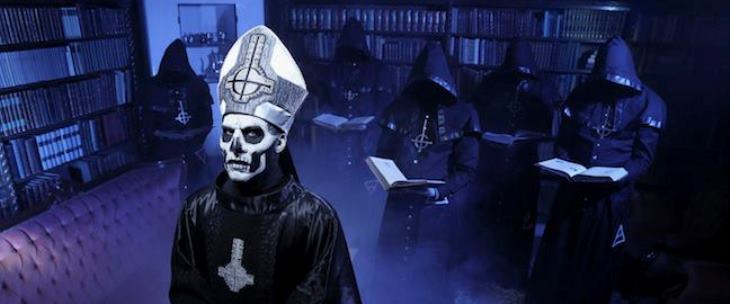Table of Contents
- Ghost News ? Page 3
- Ghost - YouTube
- Ghost - YouTube
- Make a Ghost Felt Board Activity | And Next Comes L
- Why Do We Tell Ghost Stories? Ghost History in American Culture
- Ghost Words That Are Haunting The Dictionary - Everything After Z by ...
- The Paris Review - The Future of Ghosts - The Paris Review
- Ghost - YouTube
- GHOST - YouTube
- Ghost officially announce new album Meliora



Definition of Ghost



Etymology of the Word "Ghost"



Meaning and Connotations
The term "ghost" carries a range of connotations, from the frightening and malevolent to the benign and harmless. In popular culture, ghosts are often depicted as eerie, transparent beings that haunt abandoned houses, cemeteries, and other locations with a dark history. However, in other contexts, ghosts can represent a connection to the past, a symbol of love or loss, or even a manifestation of one's own subconscious.Merriam-Webster's Examples
Merriam-Webster provides several examples of how the term "ghost" can be used in different contexts. For instance: "The ghost of a former president is said to haunt the White House." "She felt a ghost of a touch on her shoulder, but there was no one there." "The company's financial troubles have left it a ghost of its former self." These examples illustrate the versatility of the term "ghost" and its ability to convey a range of meanings and emotions. In conclusion, the term "ghost" is a complex and multifaceted concept that has evolved over time. From its origins in Old English to its modern-day connotations, the word "ghost" continues to captivate and intrigue us. Whether you believe in the supernatural or not, the term "ghost" remains a powerful symbol of the unknown, the mysterious, and the unexplained. By exploring the definition and meaning of "ghost" according to Merriam-Webster, we can gain a deeper understanding of this fascinating term and its enduring presence in our language and culture.Word count: 500